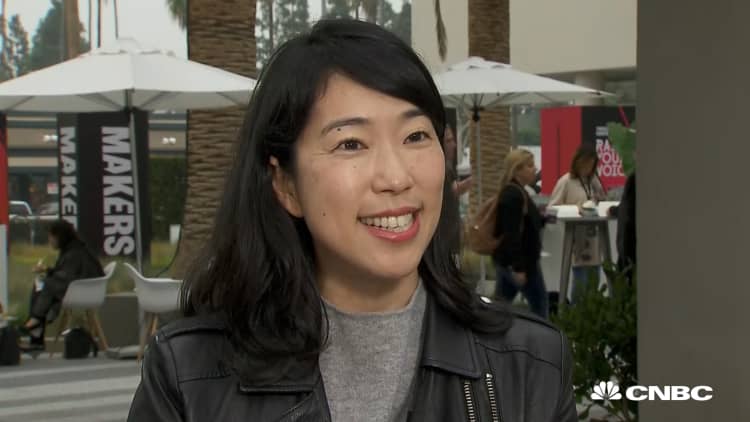Jocelyn Bell Burnell is an acclaimed astrophysicist who has been performing groundbreaking work in science for over 50 years.
In 1967, as a graduate student at Cambridge University, Bell Burnell discovered the first pulsar, a rotating neutron star that emits electromagnetic radiation. In 1974, Bell Burnell's work led to her advisor, Antony Hewish, being recognized with a Nobel Prize in physics.
Bell Burnell received no recognition.
But in September, it was announced that Bell Burnell would be awarded the prestigious Breakthrough Prize in recognition of her 1967 pulsar discovery, and also her subsequent leadership in the field. The award recognizes achievements in fundamental physics, life sciences and mathematics, and is usually given in honor of "important, primarily recent, achievements."
The prize comes with a $3 million award, which Bell Burnell said she planned to donate to the Institute of Physics to fund Ph.D. scholarships for underrepresented physics students in the U.K., in order to help alleviate the country's "diversity issues" in the field.
"I hope it will help," said Bell Burnell, speaking with CNBC Make It at the 2018 Breakthrough Prize ceremony in December, "because I think diversity makes the subject stronger."
Currently, according to the Institute of Physics, women make up 22.2 percent of students taking A-level physics. That number is the highest percentage of female entries since 2009. But Bell Burnell, who was the only woman in her honors physics class during her undergraduate study at the University of Glasgow, remembers when the numbers were far worst.
Like many people who find themselves as one of very few in their field, Bell Burnell says she developed impostor syndrome during her graduate years at Cambridge, and often questioned whether or not she belonged in the field. "I was really overawed when I turned up at Cambridge, because they all seemed very suave, very confident, very clever and I reckoned they'd made a mistake admitting me," she says.
But rather than running away as a result of this feeling, Bell Burnell made it her duty to work twice as hard in the classroom. "It was pressure I put on myself," she says. She felt that if they threw her out, at least she knew she gave the university her best shot.
Her dedication to work hard and attention to key details is what she believes led to her discovery of the first pulsar. And though she didn't receive the initial credit she deserved for her work, Bell Burnell says she didn't develop any resentment as a result.
I think diversity makes the subject stronger.Jocelyn Bell Burnellastrophysicist
"At the time, the picture we had of the way science was done was there was a senior man and a whole fleet of minions under that senior man," she says. "That senior man took the blame or the credit if it went well or went badly, and the other people were simply faceless people."
Bell Burnell said she was just delighted that the award was finally, for the first time, going to an astrophysicist. "It was creating a precedent that other astronomers would subsequently be recognized for the Nobel Prize in physics."
But not many of the astrophysicists who've subsequently received the Nobel have been women. In 2018, Canadian physics professor Donna Strickland received the award, making her the third woman in physics to be recognized in the prize's 117-year history, according to The New York Times.
"They're not exactly pushing along fast," says Bell Burnell. She hopes that her decision to donate her $3 million prize will increase the pipeline of women in the field, and ultimately increase the number of women who receive recognition.
Like this story? Subscribe to CNBC Make It on YouTube!
Don't miss: 30-year-old Mareena Robinson Snowden is the first black woman to earn a PhD in nuclear engineering from MIT



